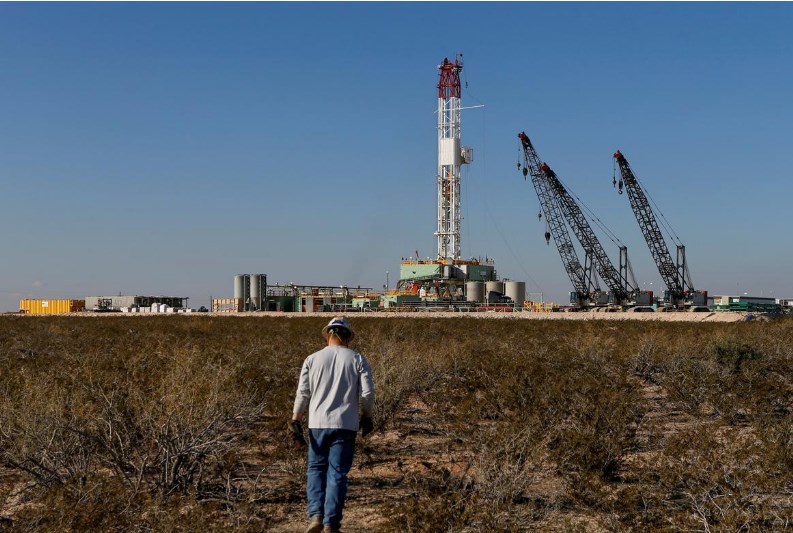(Bloomberg) -- After making more money than ever in the last few years, some of the world’s top energy traders are using the cash to expand in metals and agriculture.
The bumper profits reaped from trading oil and gas have given them cash to invest and opportunity to diversify into other commodities. Since last year Gunvor Group, Hartree Partners LP and Vitol Group hired crop or metals traders.
While it’s not the first time major energy merchants have leaned into such markets, there are several reasons their interest is rising now.
The energy crisis and Russia’s war in Ukraine fueled volatility that traders crave and underscored how one commodity can impact another — such as high gas prices curbing metals output and boosting fertilizer costs. Plus, metals like copper and lithium are crucial to the energy transition away from fossil fuels and a US renewable diesel boom is boosting crop demand, helping to connect commodity markets.
“It’s sensible diversification,” said Manish Marwaha, a commodities consultant and former strategy director at agri giant COFCO International Ltd. “Margins and revenues in agricultural and metals trading have proven resilient in recent years.”
A move into other commodities markets also makes sense for some major energy traders looking to recoup revenues lost from broadly exiting the Russian oil business, Marwaha said.
Energy trading — oil, gas, coal or power — largely remains the core focus of the top independent merchants. The push for now is on trading metals and crop derivatives — rather than dealing in physical supplies — to tap volatile prices.
Among recent hires, Ian Oxley joined Geneva-headquartered Gunvor from Freepoint Commodities late last year as the energy-trading giant takes a closer look as base metals. Gunvor also brought in Brad James and Jonathan Smith from Citigroup Inc (NYSE:C). to trade agricultural derivatives as part of a clutch of appointments, according to people familiar with the matter.
Hartree, which has invested in a rapidly growing metals business, hired Dmitry Filatov, Marek Wright and Richard Lee to trade agricultural derivatives since last year. And top independent oil trader Vitol last year named Carl Desjardins to head an agricultural unit as it trades out of its Geneva and Houston hubs.
Gunvor and Hartree declined to comment.
There have been previous moves into such commodities that fizzled out, with Vitol and Gunvor both winding down forays into agricultural and metals markets more than six years ago. Mercuria Energy Group Ltd. built a book in mined concentrates from around 2015, before focusing on selective investments in battery metals.
Even with recent expansions, energy traders’ presence in other commodities remains tiny compared with dominant players like Cargill Inc. in crops or Trafigura Group in metals.
But small positions can provide insight into cross-commodity trades — for example as energy and food sectors compete for crops amid an expanding biofuels market, according to McKinsey & Co. partner Roland Rechtsteiner.
“You’re basically dealing with similar counterparties,” he said. “Volatility is the key driver for profitability in the sector — the underlying mega-trend for which is the energy transition, which affects all asset classes.”
